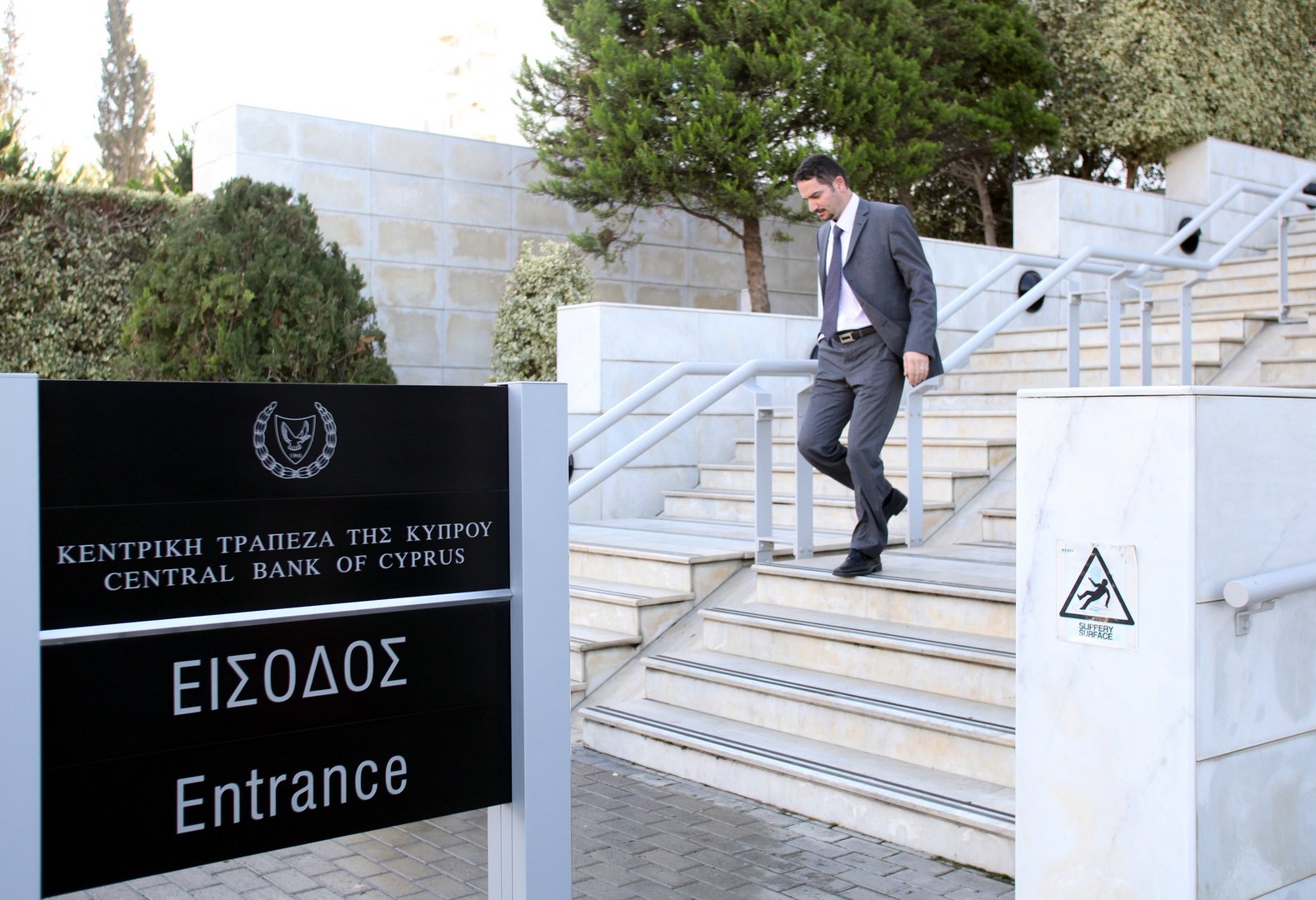Nicosia district court has dismissed a lawsuit against the state, the Central Bank and the Bank of Cyprus over the 2013 ‘haircut’ on deposits, the attorney-general’s office stated on Monday.
The plaintiff, a company which had lost money due to the bail-in imposed at the time, had cited various grounds to hold the three defendants liable. The court rejected them all.
In its ruling, the court judged that the actions taking place in March 2013 to rescue Bank of Cyprus were “absolutely necessary and correct”, according to a statement released by the attorney-general’s office.
The court opined that the ensuing increase in the national debt alone did not prove negligence on the part of the state, nor did the plaintiffs demonstrate convincingly whether the increase in debt could have been avoided.
Further, the court rejected the plaintiffs’ argument that their right to property was violated. It noted that the right to property may be subject to restrictions in certain circumstances, such as in safeguarding “the public interest”.
The court said that the ‘haircut’ or bail-in on bank depositors was done for reasons of public interest – to prevent a “disorderly default” of the banks which would have had disastrous consequences on both bank creditors and the country’s economy at large.
Under the same reasoning – the protection of the public interest – the court rejected the argument that the plaintiffs’ right to freely contract was violated. The plaintiffs had cited Article 26 of the constitution – “Every person has the right to enter freely into any contract.”
This latest ruling went the same way as the vast majority of lawsuits relating to the 2013 financial meltdown, as the courts invariably side with the state citing reasons of public interest.
To date, there has only been one single case where a depositor got a favourable decision.
Big savers with the Bank of Cyprus had 47.5 per cent of their uninsured deposits (any amount over €100,000) converted into shares, under the terms of an international bailout. As for Laiki Bank, all uninsured deposits there were wiped out, and the lender was wound down and its operations folded into the Bank of Cyprus.
Under the bailout programme between Cyprus and its lenders in March 2013, large depositors paid for the recapitalisation of the Bank of Cyprus, heavily exposed to debt-crippled Greece.






Click here to change your cookie preferences